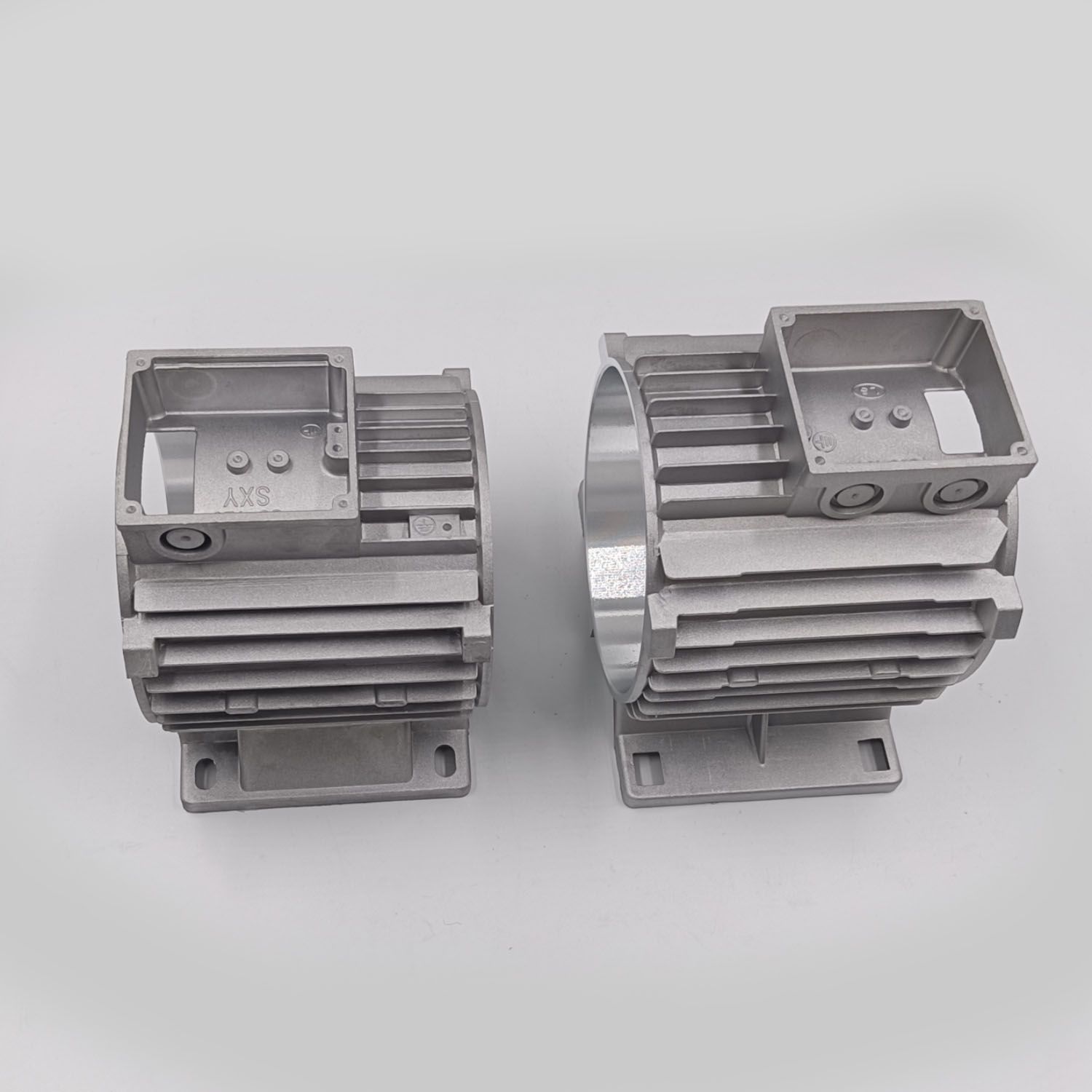The Stahl Specialty Company Diaries
The Stahl Specialty Company Diaries
Blog Article
The Single Strategy To Use For Stahl Specialty Company
Table of ContentsStahl Specialty Company Can Be Fun For AnyoneStahl Specialty Company for Beginners9 Simple Techniques For Stahl Specialty CompanyThe 20-Second Trick For Stahl Specialty CompanyOur Stahl Specialty Company PDFs
Chemical Comparison of Cast Aluminum Alloys Silicon advertises castability by reducing the alloy's melting temperature level and boosting fluidness during spreading. Additionally, silicon contributes to the alloy's toughness and put on resistance, making it useful in applications where resilience is important, such as automobile parts and engine components.It also enhances the machinability of the alloy, making it less complicated to process into completed products. In this means, iron contributes to the overall workability of aluminum alloys.
Manganese adds to the stamina of aluminum alloys and boosts workability. It is commonly made use of in functioned aluminum products like sheets, extrusions, and profiles. The existence of manganese help in the alloy's formability and resistance to cracking during construction processes. Magnesium is a lightweight component that provides stamina and effect resistance to aluminum alloys.
It enables the manufacturing of lightweight components with exceptional mechanical homes. Zinc boosts the castability of aluminum alloys and helps manage the solidification procedure during casting. It enhances the alloy's strength and firmness. It is usually found in applications where intricate shapes and great information are needed, such as decorative castings and certain auto parts.
Get This Report on Stahl Specialty Company
Due to the fact that aluminum-silicon alloys have great spreading properties, high gas residential or commercial properties, simple procedures, and excellent rust resistance, aluminum-silicon alloys are most frequently made use of in the die-casting industry in the house and abroad. At the exact same time, aluminum-silicon alloys are likewise relatively early and widely identified alloys developed and made use of in die-casting. After constant research and renovation, a lot of the existing worldwide mainstream aluminum-silicon alloys have been finalized and are nothing greater than A356, A360, A380, ADC12, B390, and A413.
The main thermal conductivity, tensile strength, return strength, and elongation differ. Select suitable basic materials according to the efficiency of the target item generated. Among the above alloys, A356 has the greatest thermal conductivity, and A380 and ADC12 have the most affordable. The tensile limitation is the opposite. A360 has the most effective return stamina and the highest possible prolongation rate.

The Only Guide for Stahl Specialty Company
In accuracy spreading, 6063 is appropriate for applications where Bonuses elaborate geometries and high-quality surface finishes are vital. Instances consist of telecommunication enclosures, where the alloy's exceptional formability allows for smooth and visually pleasing styles while keeping structural stability. Likewise, in the Illumination Solutions market, precision-cast 6063 components create elegant and efficient illumination fixtures that call for detailed shapes and great thermal performance.
(https://anotepad.com/note/read/k3dhi827)
It causes a better surface area coating and much better deterioration resistance in A360. In addition, the A360 exhibits premium elongation, making it excellent for complex and thin-walled elements. In accuracy spreading applications, A360 is fit for industries such as Consumer Electronic Devices, Telecommunication, and Power Devices. Foundries in Missouri. Its enhanced fluidness permits complex, high-precision parts like smart device casings and communication tool housings.

In precision casting, light weight aluminum 413 beams in the Customer Electronic Devices and Power Tools sectors. This alloy's premium rust resistance makes it a superb selection for exterior applications, making sure resilient, durable products in the pointed out sectors.
Stahl Specialty Company Things To Know Before You Buy
The aluminum alloy you choose will substantially influence both the spreading process and the properties of the last product. Due to the fact that of this, you have to make your choice carefully and take an enlightened approach.
Establishing one of the most appropriate light weight aluminum alloy for your application will suggest evaluating a vast range of attributes. These relative alloy qualities adhere to the North American Die Casting Association's guidelines, and we've split them right into two categories. aluminum metal casting. The initial category addresses alloy attributes that influence the manufacturing process. The second covers qualities impacting the properties of the final product.
The alloy you choose for die casting straight influences several elements of the spreading procedure, like how easy the alloy is to collaborate with and if it is prone to casting defects. Warm cracking, additionally referred to as solidification splitting, is a common die spreading problem for aluminum alloys that can cause inner or surface-level rips or cracks.
Examine This Report on Stahl Specialty Company
Specific aluminum alloys are a lot more susceptible to warm cracking than others, and your option needs to consider this. One more common defect found in the die casting of aluminum is die soldering, which is when the actors stays with the die wall surfaces and makes ejection hard. It can harm both the cast and the die, so you need to try to find alloys with high anti-soldering homes.
Deterioration resistance, which is already a notable characteristic of aluminum, can differ substantially from alloy to alloy and is a crucial characteristic to consider depending on the ecological conditions your product will be revealed to. Put on resistance is one more residential or commercial property generally sought in aluminum products and can set apart some alloys.
Report this page